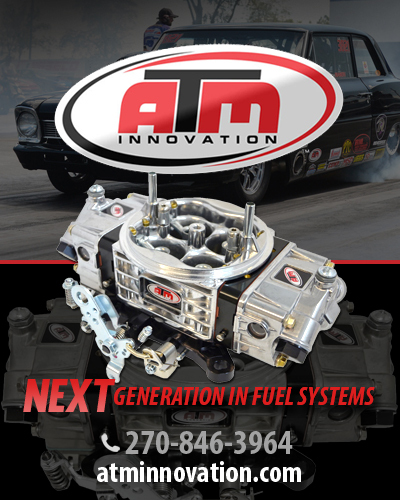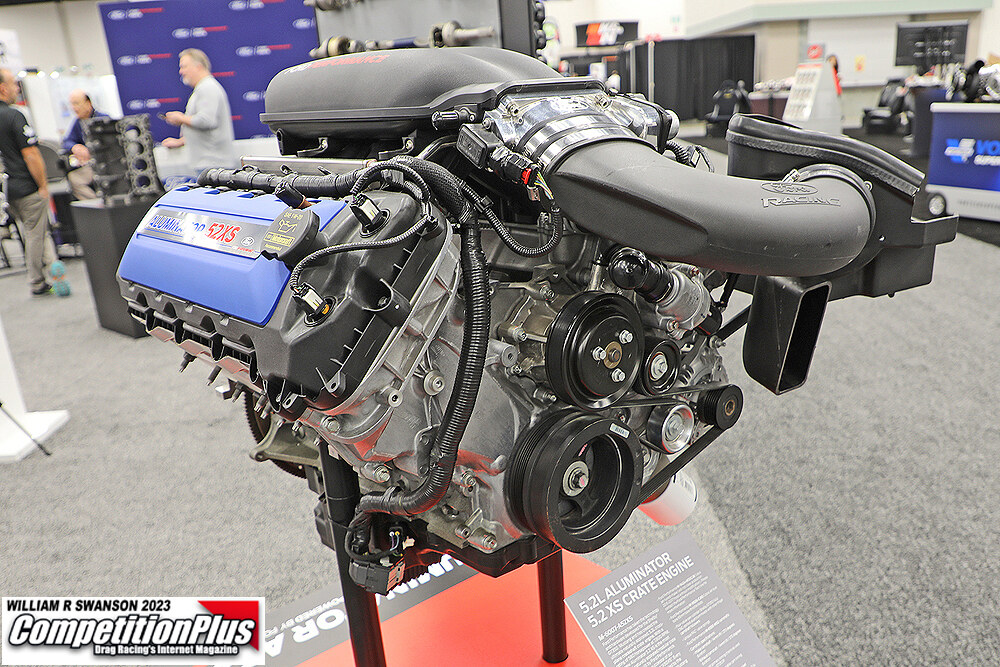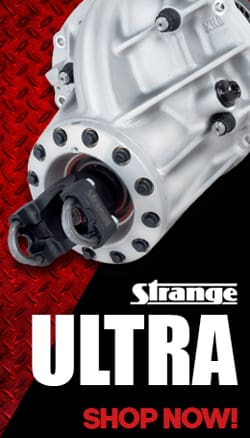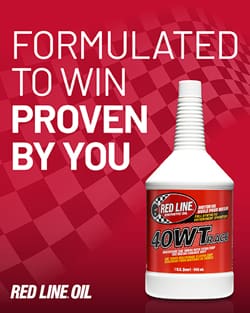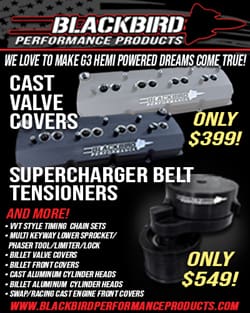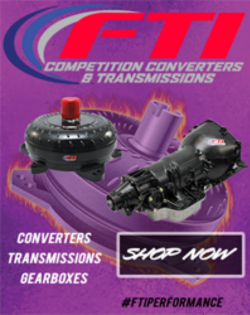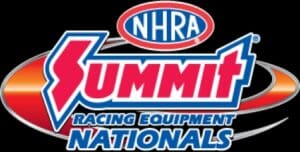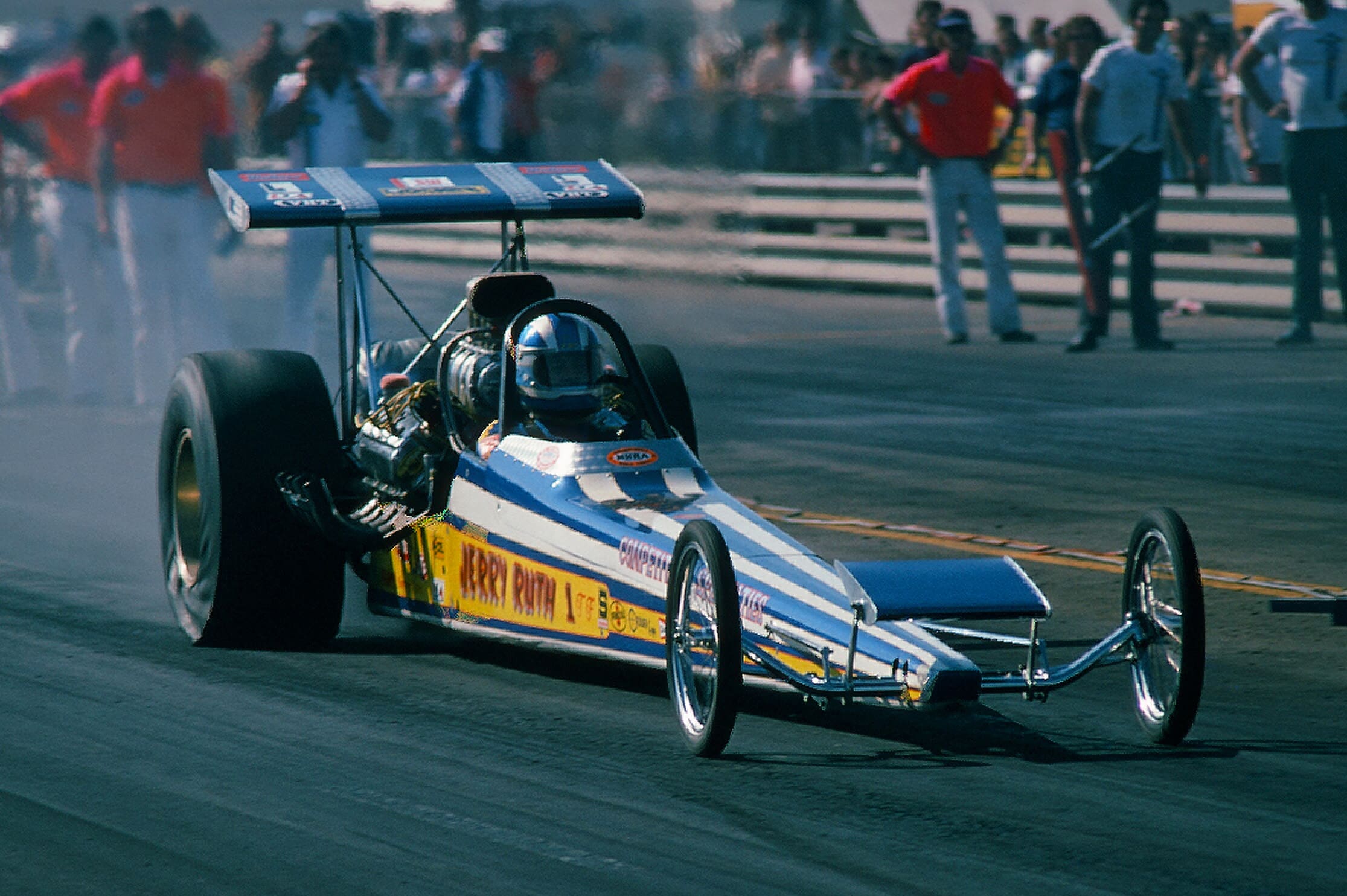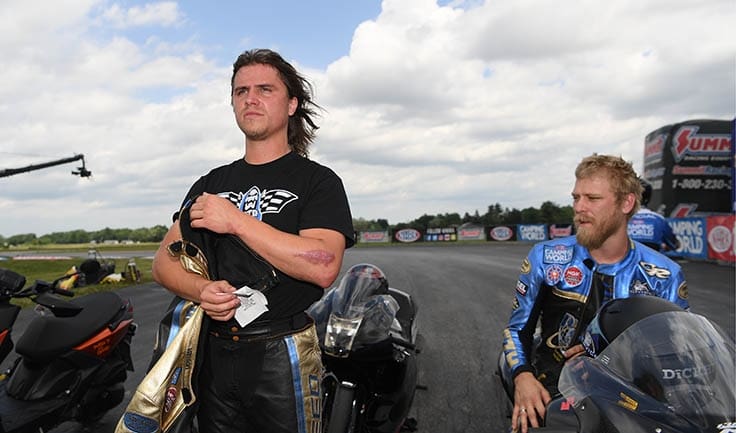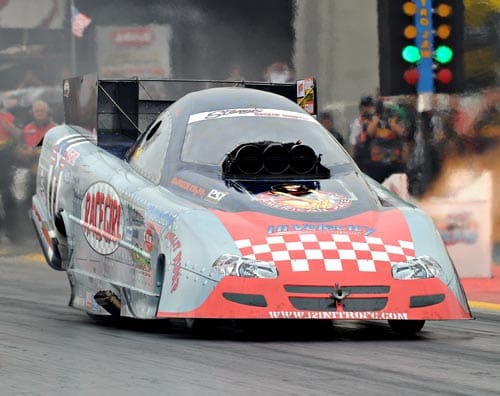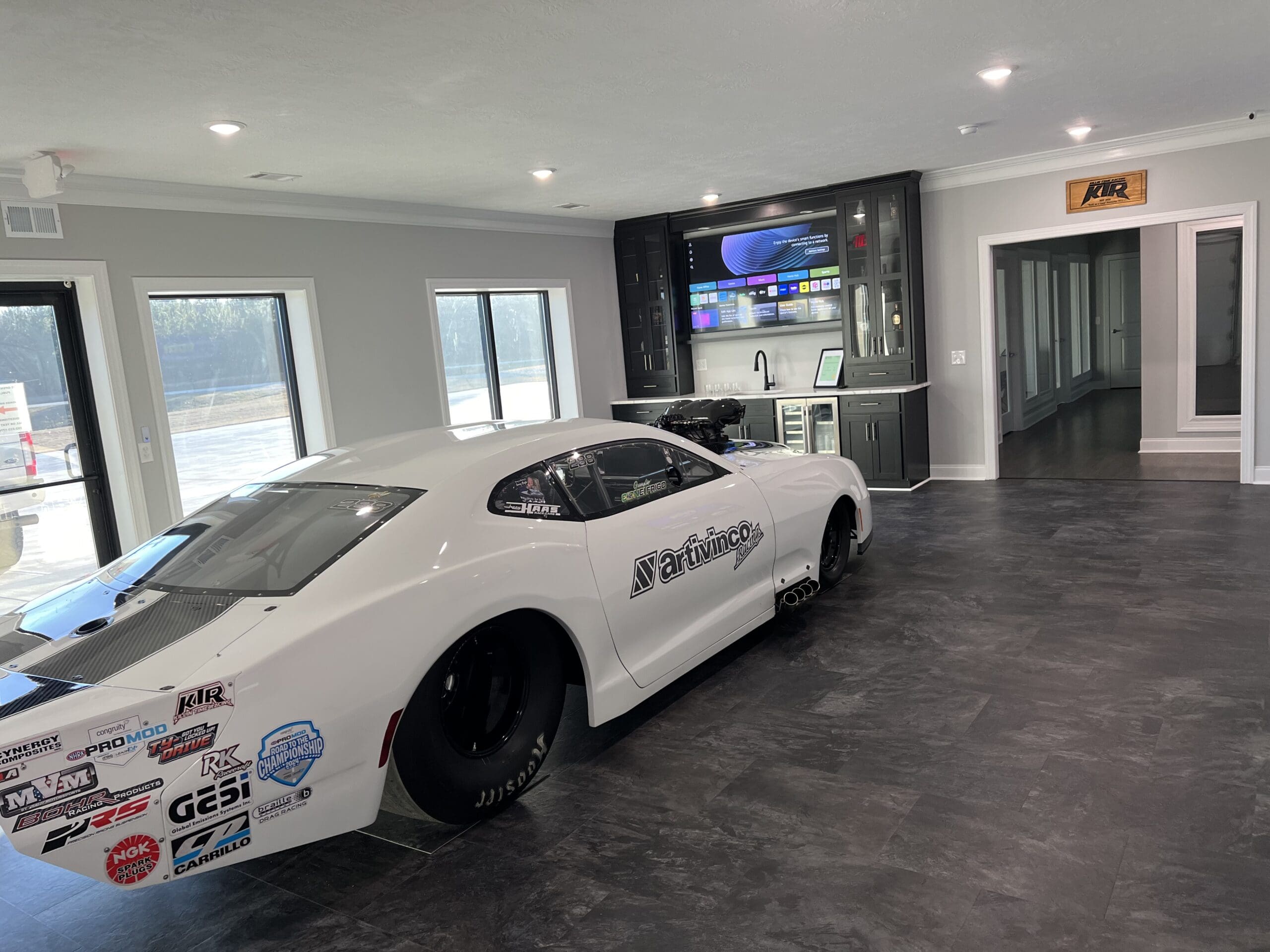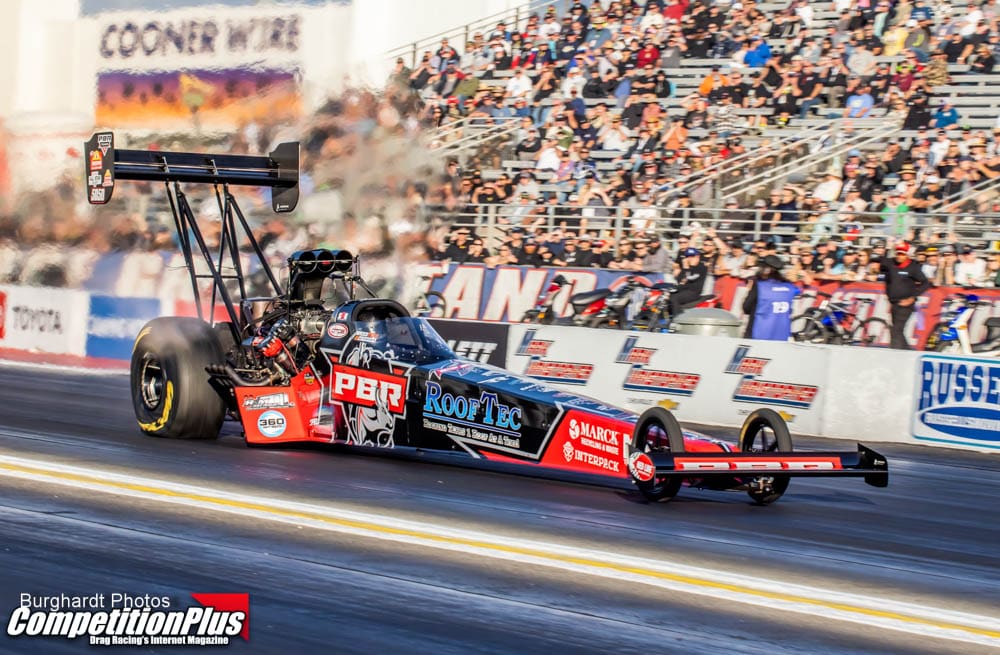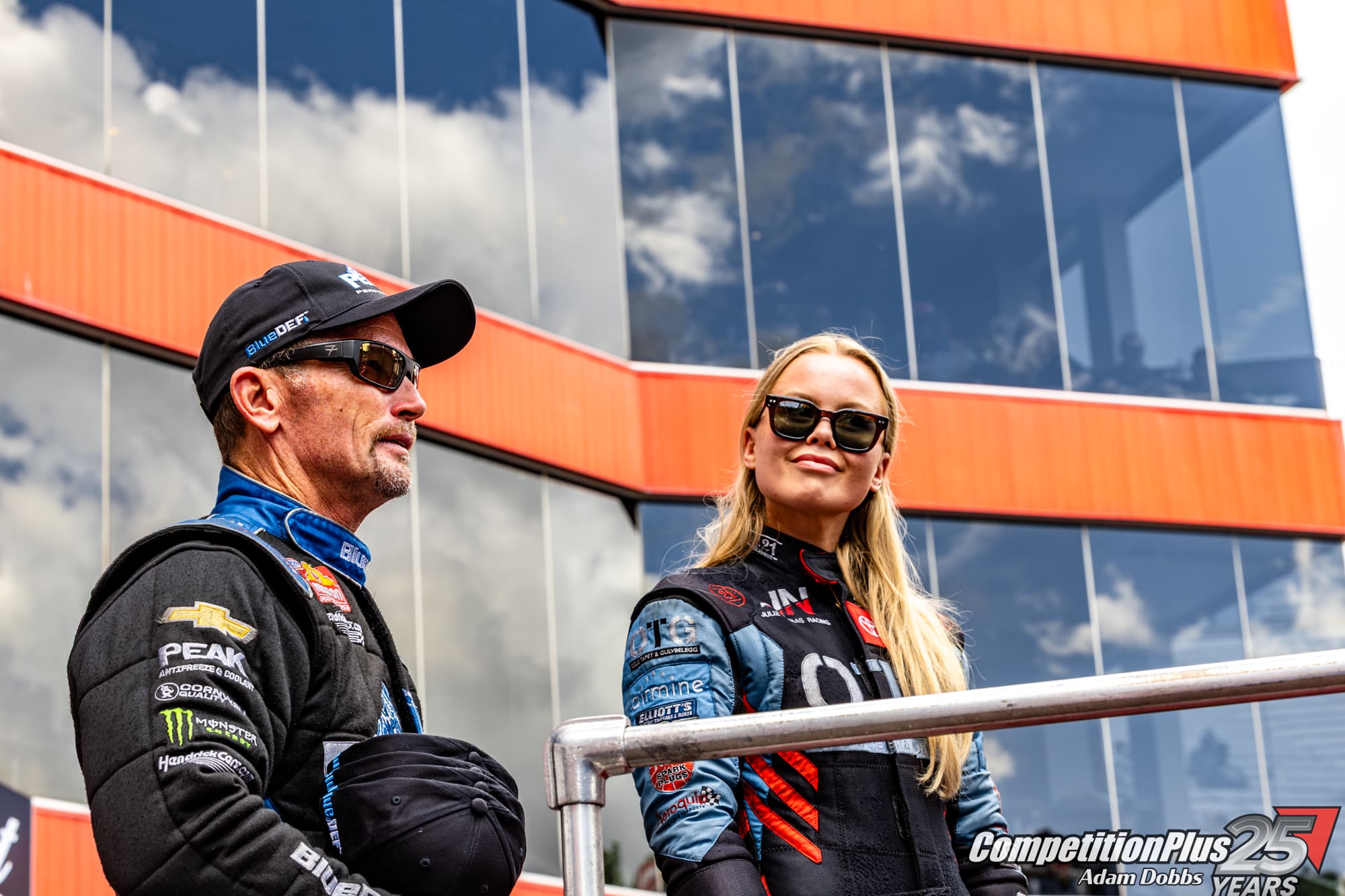
Veteran drag racer Rick Hord remains confident a difference of opinion between him and the NHRA’s tech department will be resolved in the coming weeks.
Hord, a longtime NHRA sportsman racer who graduated into the volatile Pro Modified division, posted a career-best run during Friday’s Q2 session at the NGK NHRA Four-Wide Nationals, a 5.711 elapsed time at 260.91 miles per hour.
Hord’s pass was the sixth quickest elapsed time in the history of the series and the fastest speed ever since the Pro Modified cars became an official series in 2010.
With a run of this magnitude, an official NHRA technical teardown transpires.
Hord complied with the teardown, spending hours allowing NHRA officials to inspect the engine, the wiring, measurement of the rear end gears and even showed the requested run data on their computer screen. Essentially, what the NHRA asked to see, Hord and his team provided.
However, when the NHRA asked for a hard copy of the ECU files, Hord drew the line.
“The car passed the entire tech inspection and I thought we were done,” Hord said. “When they asked for a hard copy of the ECU files, my tuner, Carl Stevens Jr. said to the tech gentleman, ‘That information belongs to Rick, and you need to ask Rick that question.”
“So they came over to me, and they asked that question, and I said, ‘Why do you need that information?’. And they said, ‘Well, that’s a new procedure for this year that if we ask for it, you have to give it to us.”
“And I said, ‘We showed you the runs, run data on the screen. We showed you everything you asked for. There is proprietary information in our setup files that has to do with the setup of the car that I can’t give you. It’s proprietary; it’s ours. We own it. It’s taken hundreds of passes to develop. I can’t give you that information.”
“They said, ‘Well, we got to call our upper management.’
“So they called the upper management and about 30 minutes go by and there’s four or five of them standing outside of the trailer having a discussion, and they came back to me and said, ‘If you won’t give it to us, then Graham Light says the run is disqualified and you’ll be removed from the qualifying order.”
Glen Gray, NHRA Sr. Vice President of Technical Operations, said the NHRA was following procedures they have employed in the past including with the fuel divisions.
“The typical process for when we have a record set of any kind, or this could happen after a race for a race winner or number one qualifier, is we’re going to do a tear down on the car, look at various things, maybe bore and stroke the engine,” Gray explained. “And the other thing we’re going to want to do is look at data.
“Now with so many cars having electronic fuel injection there’s so many things you can do performance-wise with the electronic fuel injection that we want to look at data.”
Gray confirmed Hord had complied with every aspect of the inspection, even to the point of sharing data.
“With the advent of new software that people have now, the teams can show us the run, but we really don’t have access to everything,” Gray added. “It’s very easy, and I’m not saying that Rick would do this, but it’s very easy if they’re showing us data not to show us exactly what we want to see.
“Let’s say for instance we wanted to look at RPM, and you’re looking at a Racepak graph or their ECU Data Logger graph, and we say we want to see RPM, and they pull it up on the screen, you see RPM. You have these things called map channels that you can put in your data, that control what goes up on the screen and they could be showing us RPM times 90 percent. So we wouldn’t actually be seeing the real RPM. They could have something else in their list of parameters that’s called XYZ or anything else and we might not look at that because we go, ‘Well, that’s not RPM, this is RPM, and he’s showing it to us,’ or anyone’s showing it to us.”
Hord said he has nothing to hide, but what he describes as “intellectual property,” has an expense price in both time and monetary value. It’s an expense he’s not willing to share with anyone, even the NHRA.
But, as Hord puts it, the intellectual property, he believes, isn’t necessarily what the NHRA is after.

“I went back to these guys on Saturday and said, “Look guys, we’re not trying to be hard to deal with. We’ve got nothing here to hide. You asked for a hard copy data file and in our software system, it’s all bundled together which means if I give you a hard copy file, you get all of what we consider to be the proprietary information, along with the data file. And because I cannot separate it, I must say no.”
Hord said once he and his team determine how to separate them, he will gladly comply with NHRA’s request. Gray said he understood Hord’s situation, and this was a large reason behind his decision to only disqualify the run.
Gray said the punishment this kind of infraction could have extended from disqualification from the event to suspension of driving credentials.
“Rick was concerned about his fuel tables, and spark tables and things were in there, and it’s intellectual property in his mind,” Gray said. “So he was concerned about us having that. Now, it’s not going anywhere except for our department, and we’re just going to look at it and make sure that there’s nothing going on in there as far as controls.
“Traction control could be one of the things we’re looking for, or something else, something that could maybe defeat the boost controller in some way. But we need to be able to have access to everything to be able to look at that. It’s nice that they show the data. But if we need to do a deeper dive, especially on something like a record, somebody going over 260 miles an hour for the first time in NHRA competition, we need to be able to see everything.”
Hord believes the issue will be resolved sooner than later.
“I don’t want to speak badly about NHRA because they acted in a professional manner,” Hord said. “We all acted in a professional manner, nobody was yelling at anybody. But the way we left it is we are going to get proactively involved, our team, with the senior level tech department team this week and we’re going to find a resolution.
“So I feel like it will be resolved.”
Hord said he plans to run the next scheduled Pro Modified event in Topeka, and the last thing he and his team want is a Mexican Standoff.
“I feel like [NHRA] left with a spirit of let’s find common ground,” Hord said. “And I feel like we left with a spirit of let’s find common ground, and that’s why we’re going to talk again this week. Because I have no issues providing them whatever information they feel they need to ensure that we’re compliant with the rules. But I absolutely will not provide proprietary information that we consider proprietary that has to do with the setup and the engineering of the car. And for us it’s all bundled together, so we have to figure out how to unbundle that.”
What is it that Hord is so protective in this proprietary information?
“In the proprietary information and the engineering of this project, there is data that has taken a hundred and fifty runs to accumulate,” Hord said.
Hord said he’s not the least bit concerned there’s anything in his set-up which could spark a new rule.
“I’m not real worried about anything they’re going to do,” Hord explained. “We know how to go fast. I mean, seriously, we know how to go fast.
“Anytime you have a little run in like this, you know, you’re going to rethink your strategy, you’re going to rethink your course, but I mean, for us, I don’t plan on changing anything between here and Topeka. I just want us all to understand what do you want to know and then let’s talk about how we get you what you want to know, that doesn’t cross over the line on what’s proprietary.”
Gray believes if NHRA’s Mello Yello Drag Racing Series teams share what also is propriety information with the NHRA in order to run in their series, and does so with the confidence of security, then Hord should too.
 “I know they are concerned about the intellectual property but they have to understand this isn’t going anywhere,” Gray explained. “We’re not sharing it with other teams, we’re not putting it on the internet, we’re going to control it very tightly. We do this with Top Fuel and Funny Car and other classes all the time, and we’ve done it with Pro Mod teams where they’ve given us data. But I think some of the teams, they are just not used to that and they’re not aware that that’s going on. It was something new for Rick, so we’re trying to work through this with him for the next time. If we need data from his car, we’re going to have to get it.”
“I know they are concerned about the intellectual property but they have to understand this isn’t going anywhere,” Gray explained. “We’re not sharing it with other teams, we’re not putting it on the internet, we’re going to control it very tightly. We do this with Top Fuel and Funny Car and other classes all the time, and we’ve done it with Pro Mod teams where they’ve given us data. But I think some of the teams, they are just not used to that and they’re not aware that that’s going on. It was something new for Rick, so we’re trying to work through this with him for the next time. If we need data from his car, we’re going to have to get it.”
And Hord understands this, but offers a suggestion.
“We’ve had some dialog between these guys and us. I said, ‘Look, you mandate your own boost controller because they want to make sure nobody’s got a boost advantage. Alright, why don’t you just mandate your own data logger and we’ll put your data in there,” Hord said. “You mandate it, you get it built, we’ll put it in the car, and you can check on whatever data you want, because it’s yours.
“At the end of the run right now, they hook up to the boost controller, and they download the boost information from the run and then they make the run compliant based on their their boost controller.
“I said to them, ‘Look guys, pick somebody’s data logger, pick what you want to control, we’ll put it in. Do the same thing that you’re doing with the boost controllers right now. When you make a Pro Mod run, at the end of the run after you go through the weigh scale, and the fuel check, you pull over to the side and they download the boost controller information into their laptop. Let’s do the same thing with the data loggers. If you want the data, then you spec the controller, and we’ll let you download it.”
“There’s a difference here, and this is the fundamental difference. There’s a difference between data and there’s a difference between setup information. And see they ask for everything, inclusive, and you’re not getting my setup information.”












